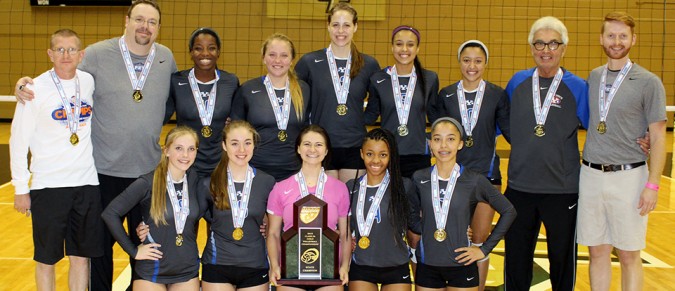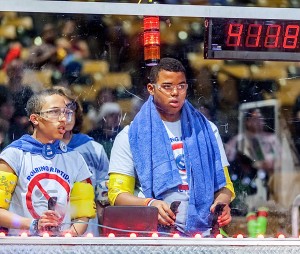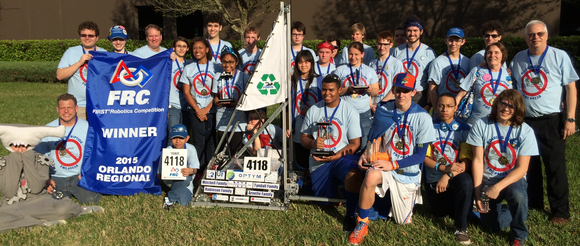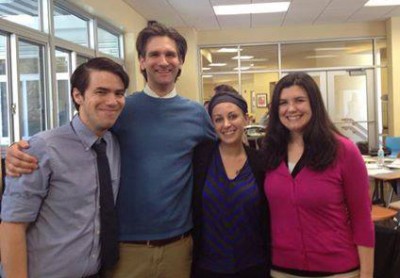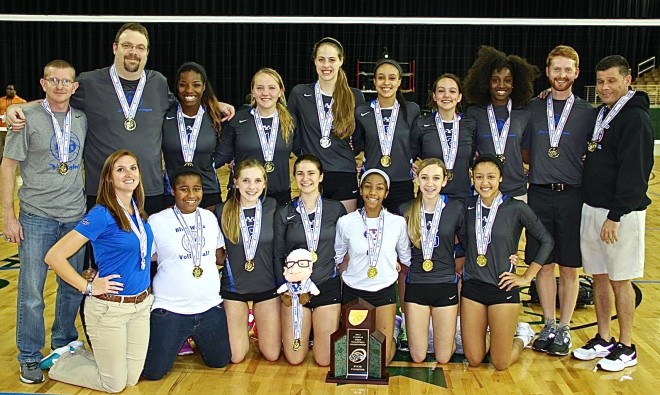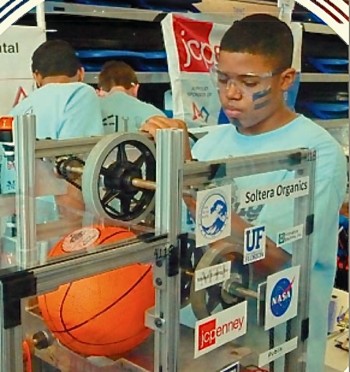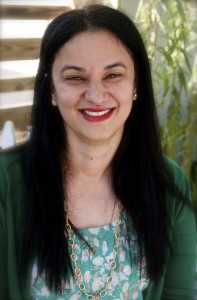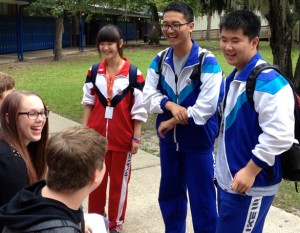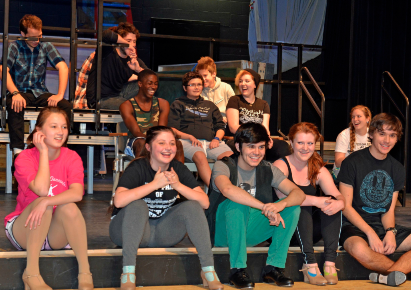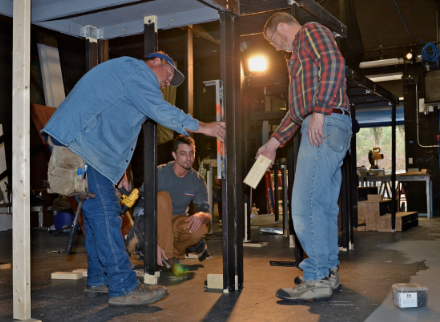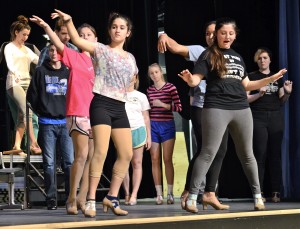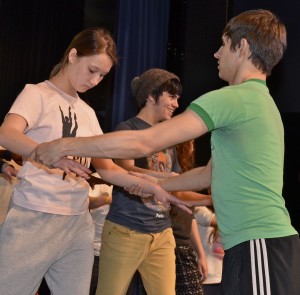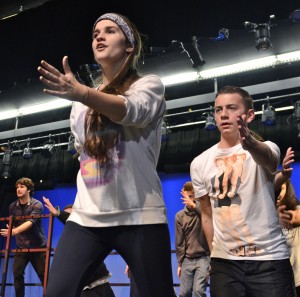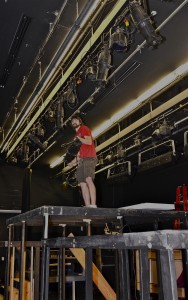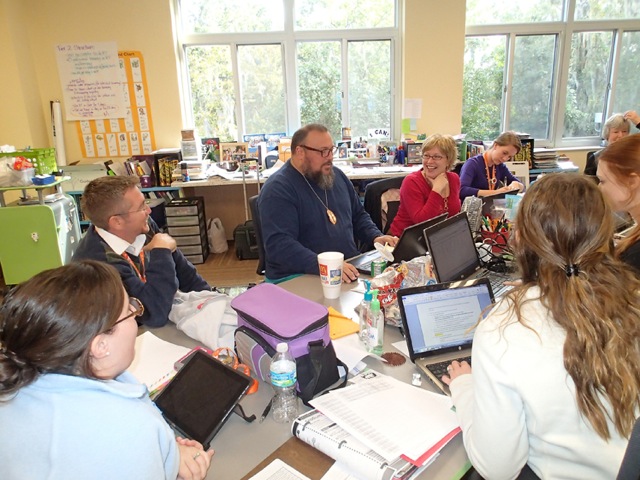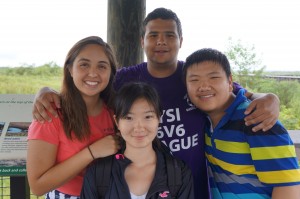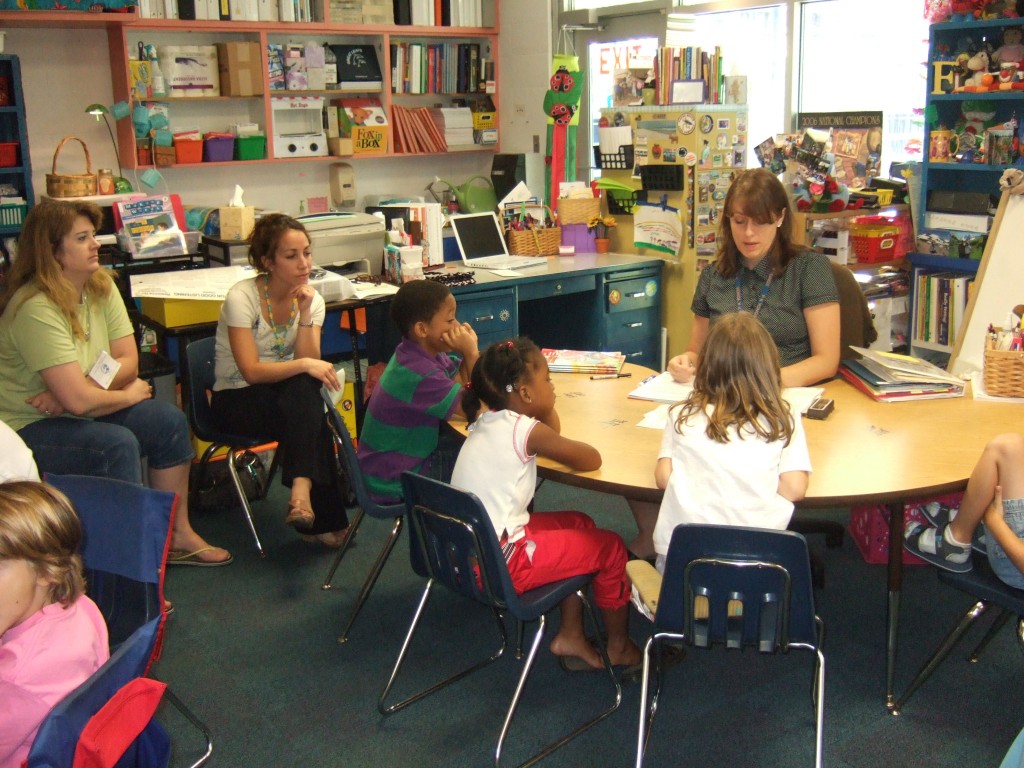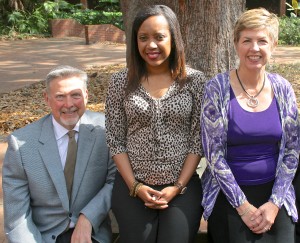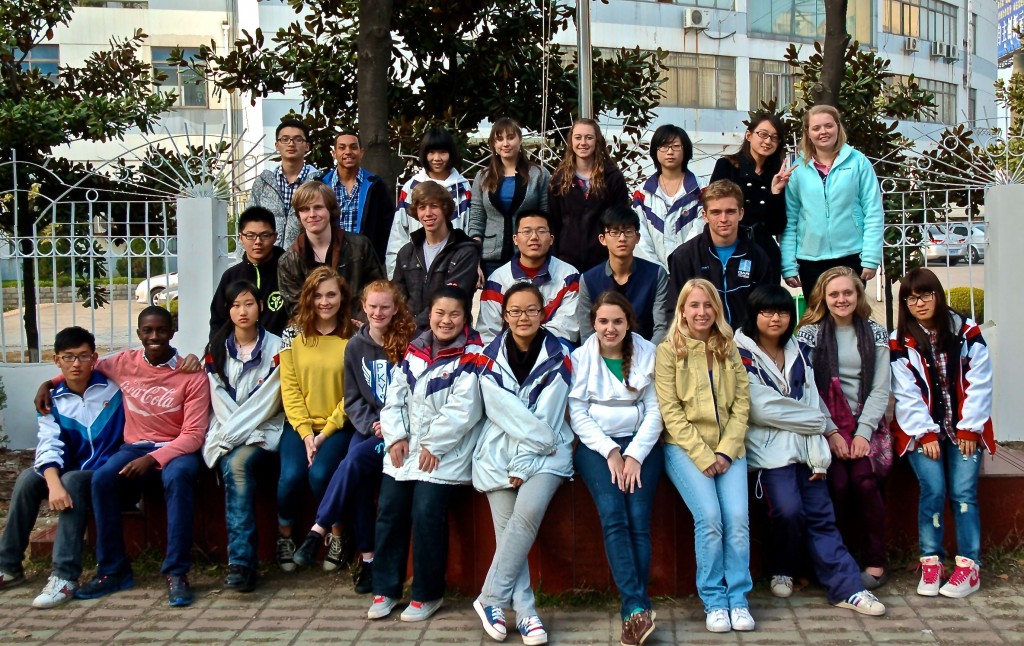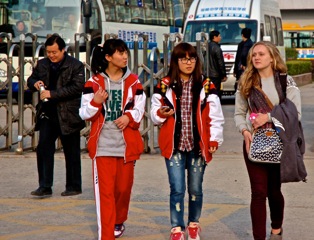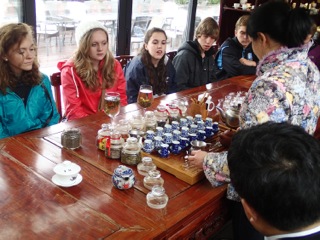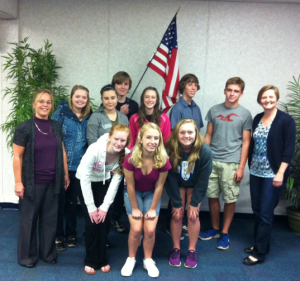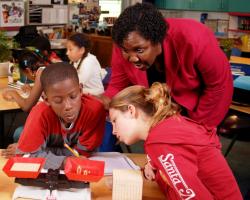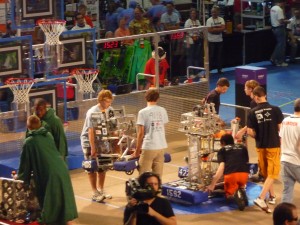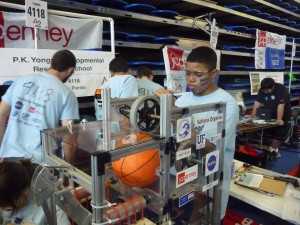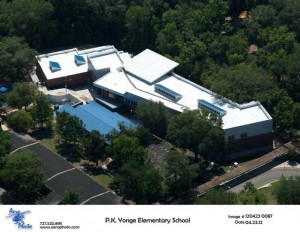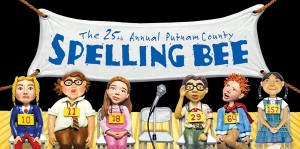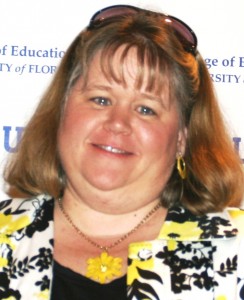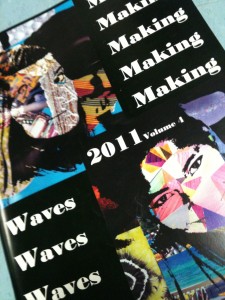https://education.ufl.edu/news/files/2022/01/PKY-Director-FB.png
600
1200
kevincoulson
https://education.ufl.edu/news/files/2019/07/News-1-300x65.png
kevincoulson2022-01-27 08:06:062022-01-27 13:45:13Brian K. Marchman Named Next Director of P.K. Yonge
labellebrittany
https://education.ufl.edu/news/files/2019/07/News-1-300x65.png
labellebrittany2017-02-01 14:05:402019-09-17 15:17:52PK Yonge School's Tony-winning musical tackles social justice issues with 1920s tunes, laughter
https://education.ufl.edu/news/files/2019/07/News-1-300x65.png
0
0
https://education.ufl.edu/news/files/2019/07/News-1-300x65.png
2016-08-15 10:38:572016-08-15 13:18:06COE doctoral student honored for ‘teaching tolerance’
https://education.ufl.edu/news/files/2019/07/News-1-300x65.png
0
0
https://education.ufl.edu/news/files/2019/07/News-1-300x65.png
2016-05-02 13:26:452016-06-23 17:38:254 P.K. Yonge teachers named among Florida’s best 'high impact teachers'
https://education.ufl.edu/news/files/2019/07/News-1-300x65.png
0
0
https://education.ufl.edu/news/files/2019/07/News-1-300x65.png
2016-04-15 09:42:542016-04-19 11:13:11PKY instructor cited nationally as outstanding teacher-researcher
https://education.ufl.edu/news/files/2019/07/News-1-300x65.png
0
0
https://education.ufl.edu/news/files/2019/07/News-1-300x65.png
2016-04-08 11:31:472017-06-02 13:06:54How Outstanding Young Alum saved his teaching career
https://education.ufl.edu/news/files/2019/07/News-1-300x65.png
0
0
https://education.ufl.edu/news/files/2019/07/News-1-300x65.png
2016-02-24 17:37:332016-02-25 14:22:35School names corridor after former principal to honor daughter's gift
https://education.ufl.edu/news/files/2019/07/News-1-300x65.png
0
0
https://education.ufl.edu/news/files/2019/07/News-1-300x65.png
2016-01-19 10:35:512016-01-19 16:41:38Study explores impact of 'active learning classroom' design
https://education.ufl.edu/news/files/2019/07/News-1-300x65.png
0
0
https://education.ufl.edu/news/files/2019/07/News-1-300x65.png
2015-12-02 16:26:232015-12-02 16:51:11Blue Wave volleyballers do it again — state champs
https://education.ufl.edu/news/files/2015/11/jon-mundorf-japan-spotlight.jpg
380
1024
https://education.ufl.edu/news/files/2019/07/News-1-300x65.png
2015-11-24 12:20:152016-01-04 14:34:38P.K. Yonge goes international
https://education.ufl.edu/news/files/2019/07/News-1-300x65.png
0
0
https://education.ufl.edu/news/files/2019/07/News-1-300x65.png
2015-04-22 06:00:582015-04-22 13:24:58P.K. Yonge DRS robotics team vying for title in international competition
https://education.ufl.edu/news/files/2019/07/News-1-300x65.png
0
0
https://education.ufl.edu/news/files/2019/07/News-1-300x65.png
2015-04-21 13:17:342015-04-21 13:17:34P.K. Yonge expanding educator outreach by Swivl and Twitter and streaming—oh my!
https://education.ufl.edu/news/files/2019/07/News-1-300x65.png
0
0
https://education.ufl.edu/news/files/2019/07/News-1-300x65.png
2014-12-10 13:34:152014-12-10 13:34:15P.K. Yonge volleyball team scores state title
https://education.ufl.edu/news/files/2019/07/News-1-300x65.png
0
0
https://education.ufl.edu/news/files/2019/07/News-1-300x65.png
2014-12-10 12:00:022014-12-10 12:36:05PKY robotics team standout among youngest ever to pass mechanical design exam
https://education.ufl.edu/news/files/2019/07/News-1-300x65.png
0
0
https://education.ufl.edu/news/files/2019/07/News-1-300x65.png
2014-10-16 09:00:072014-10-15 17:16:01P.K. Yonge Spanish teacher honored for 'excelencia' as part of Hispanic Heritage Month
https://education.ufl.edu/news/files/2019/07/News-1-300x65.png
0
0
https://education.ufl.edu/news/files/2019/07/News-1-300x65.png
2014-10-15 13:55:382014-10-15 13:58:10Trip of lifetime becoming yearly event for P.K. Yonge, China students
https://education.ufl.edu/news/files/2019/07/News-1-300x65.png
0
0
https://education.ufl.edu/news/files/2019/07/News-1-300x65.png
2014-02-28 12:02:192014-03-03 10:51:31Broadway pros work behind the scenes for P.K. Yonge's production of 'Anything Goes'
https://education.ufl.edu/news/files/2019/07/News-1-300x65.png
0
0
https://education.ufl.edu/news/files/2019/07/News-1-300x65.png
2013-11-27 10:10:232013-11-27 10:10:23P.K. Yonge, COE professor team up to align math curriculum with Common Core standards
https://education.ufl.edu/news/files/2019/07/News-1-300x65.png
0
0
https://education.ufl.edu/news/files/2019/07/News-1-300x65.png
2013-10-23 12:35:372013-11-12 09:45:19P.K. Yonge-China connection continues to blossom
https://education.ufl.edu/news/files/2019/07/News-1-300x65.png
0
0
https://education.ufl.edu/news/files/2019/07/News-1-300x65.png
2013-07-02 13:11:122013-08-22 09:37:19PKY starts planning for new secondary wing
https://education.ufl.edu/news/files/2019/07/News-1-300x65.png
0
0
https://education.ufl.edu/news/files/2019/07/News-1-300x65.png
2013-06-12 09:38:342013-06-12 09:52:34Summer institutes for teachers offered in reading instruction, Common Core
https://education.ufl.edu/news/files/2019/07/News-1-300x65.png
0
0
https://education.ufl.edu/news/files/2019/07/News-1-300x65.png
2013-06-03 17:53:322013-06-12 09:41:42COE hosting statewide meeting of teacher preparation leaders June 6-7
https://education.ufl.edu/news/files/2019/07/News-1-300x65.png
0
0
https://education.ufl.edu/news/files/2019/07/News-1-300x65.png
2013-04-24 11:23:532013-04-25 10:22:33P.K. Yonge high schoolers visit Chinese partner school during spring break
https://education.ufl.edu/news/files/2019/07/News-1-300x65.png
0
0
https://education.ufl.edu/news/files/2019/07/News-1-300x65.png
2013-04-18 15:12:402013-04-18 15:17:03P.K. Yonge students headed to world 'Odyssey of the Mind' competition
https://education.ufl.edu/news/files/2019/07/News-1-300x65.png
0
0
https://education.ufl.edu/news/files/2019/07/News-1-300x65.png
2013-03-21 14:25:312013-04-25 09:01:03PKY high-schoolers in China visiting UF partner schools
https://education.ufl.edu/news/files/2019/07/News-1-300x65.png
0
0
https://education.ufl.edu/news/files/2019/07/News-1-300x65.png
2013-02-18 14:15:342013-03-06 11:34:44PKY-COE host gathering to map out transformation of middle school science education
https://education.ufl.edu/news/files/2019/07/News-1-300x65.png
0
0
https://education.ufl.edu/news/files/2019/07/News-1-300x65.png
2012-08-10 09:46:372012-08-10 12:50:55PKY lab school students score in Top 5 on statewide FCAT, end-of-course exams
https://education.ufl.edu/news/files/2019/07/News-1-300x65.png
0
0
https://education.ufl.edu/news/files/2019/07/News-1-300x65.png
2012-05-22 09:45:342012-05-22 09:45:34Roaring Riptide robotics team makes big splash in FIRST season
https://education.ufl.edu/news/files/2019/07/News-1-300x65.png
0
0
https://education.ufl.edu/news/files/2019/07/News-1-300x65.png
2012-05-11 12:01:182012-05-14 08:32:37P.K. Yonge erects new elementary building in bid to become ‘technological powerhouse’
https://education.ufl.edu/news/files/2019/07/News-1-300x65.png
0
0
https://education.ufl.edu/news/files/2019/07/News-1-300x65.png
2012-02-15 11:08:302012-03-05 10:42:20Performing Arts students to stage ‘Spelling Bee’ musical comedy at annual spring show
https://education.ufl.edu/news/files/2019/07/News-1-300x65.png
0
0
https://education.ufl.edu/news/files/2019/07/News-1-300x65.png
2011-12-08 12:15:322011-12-08 12:15:32P.K. Yonge biology instructors pilot new standards-based grading approach
https://education.ufl.edu/news/files/2019/07/News-1-300x65.png
0
0
https://education.ufl.edu/news/files/2019/07/News-1-300x65.png
2011-12-08 11:43:102011-12-08 12:19:26Research in Action: A hands-on approach to professional learning
https://education.ufl.edu/news/files/2019/07/News-1-300x65.png
0
0
https://education.ufl.edu/news/files/2019/07/News-1-300x65.png
2011-12-08 11:26:272011-12-08 12:19:38Middle school magazine wins gold medal for literary excellence
https://education.ufl.edu/news/files/2019/07/News-1-300x65.png
0
0
https://education.ufl.edu/news/files/2019/07/News-1-300x65.png
2011-12-08 11:13:052011-12-08 12:19:50Blue Wave lifer-alumna shares design expertise in planning new elementary building
Scroll to top

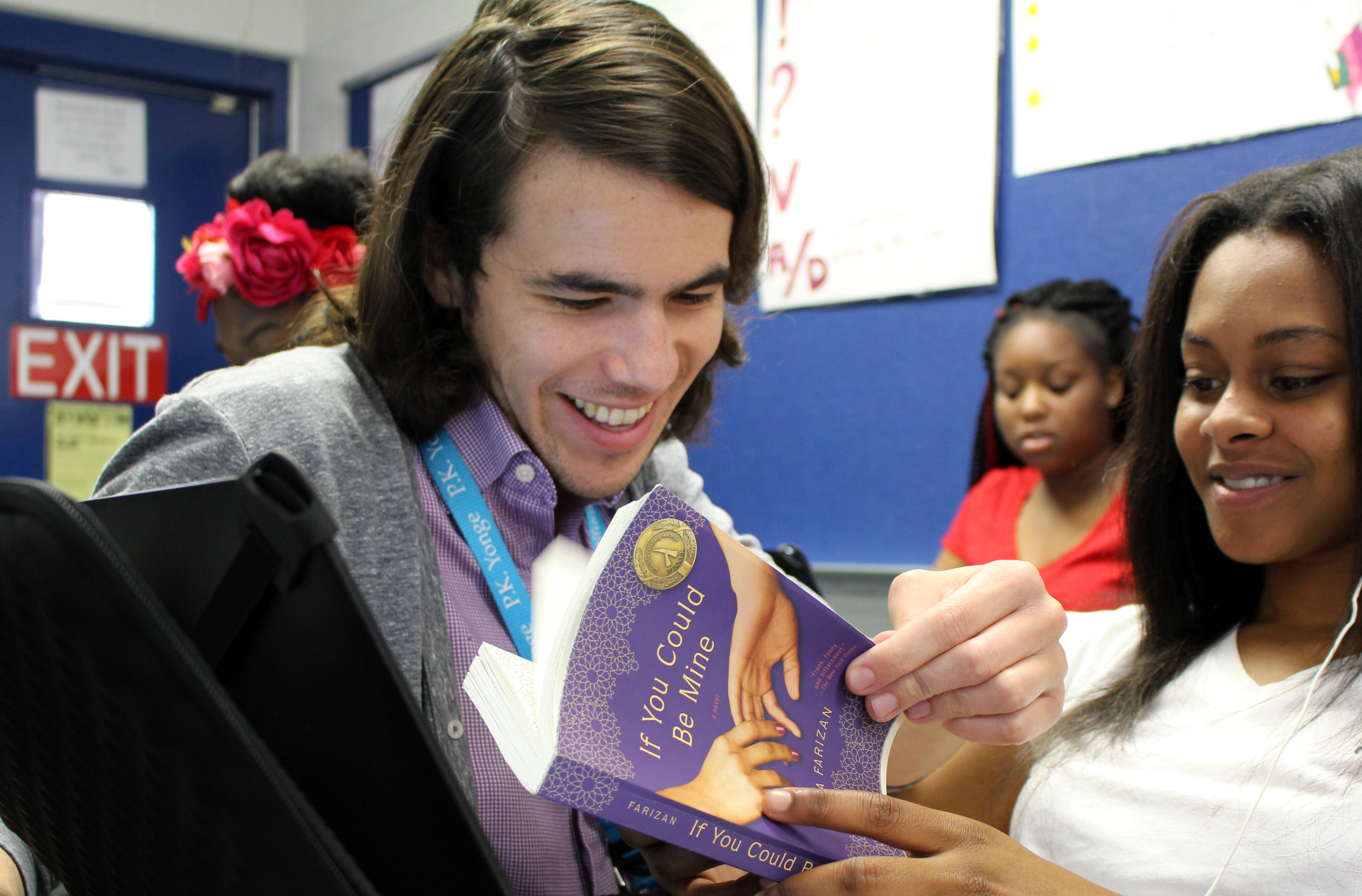
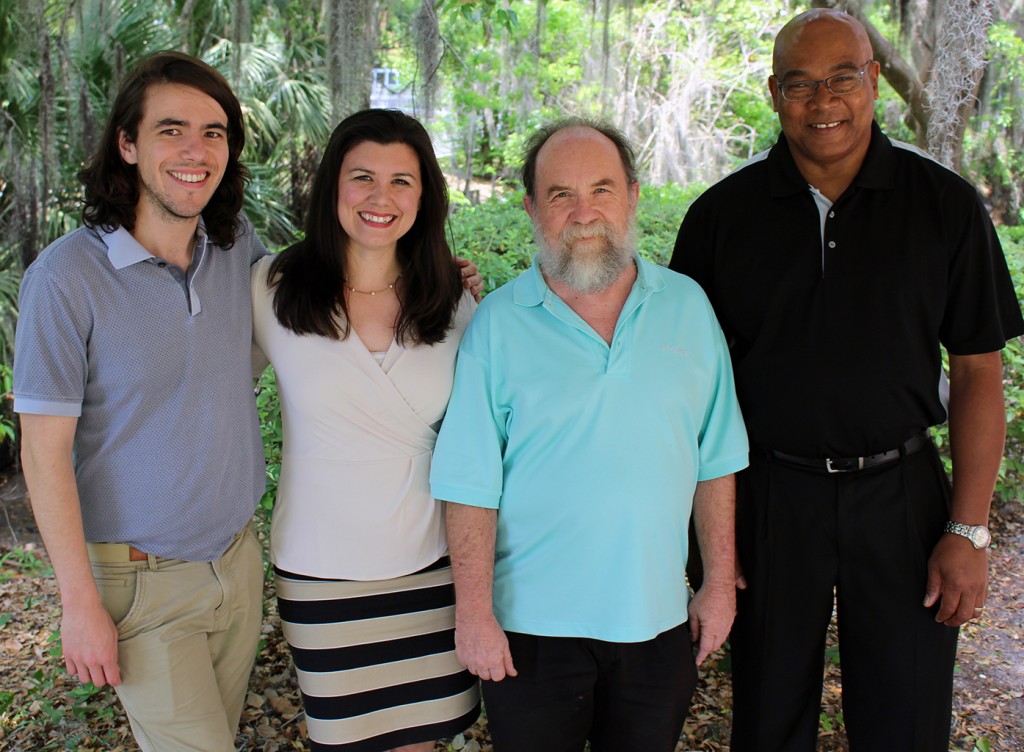
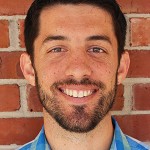
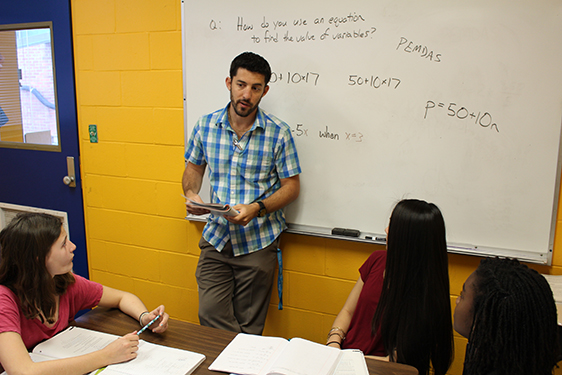
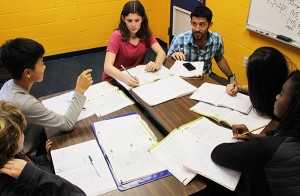
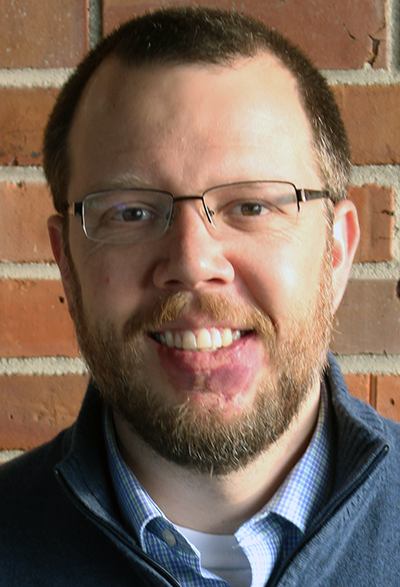
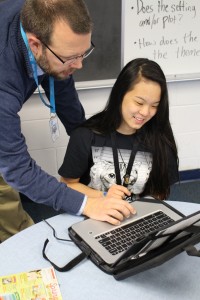
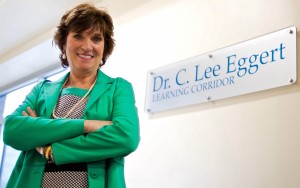 Leslie Eggert Scales-Holloway (BAE ’68) was visibly moved as she reflected on her late father’s role as the beloved principal at P.K. Yonge Developmental Research School from 1947 to 1952. “He strongly believed in the connection between school and community,” she said in a recent interview. “That was Daddy.”
Leslie Eggert Scales-Holloway (BAE ’68) was visibly moved as she reflected on her late father’s role as the beloved principal at P.K. Yonge Developmental Research School from 1947 to 1952. “He strongly believed in the connection between school and community,” she said in a recent interview. “That was Daddy.”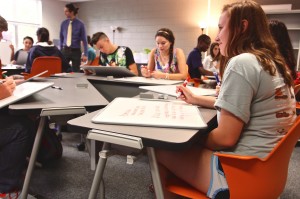 Inspired by the early impact of P.K. Yonge Developmental Research School’s new, state-of-the-art elementary wing, faculty researchers from PKY and the University of Florida are teaming up on pioneering studies into how school building design can influence and improve schooling for both teachers and students.
Inspired by the early impact of P.K. Yonge Developmental Research School’s new, state-of-the-art elementary wing, faculty researchers from PKY and the University of Florida are teaming up on pioneering studies into how school building design can influence and improve schooling for both teachers and students.